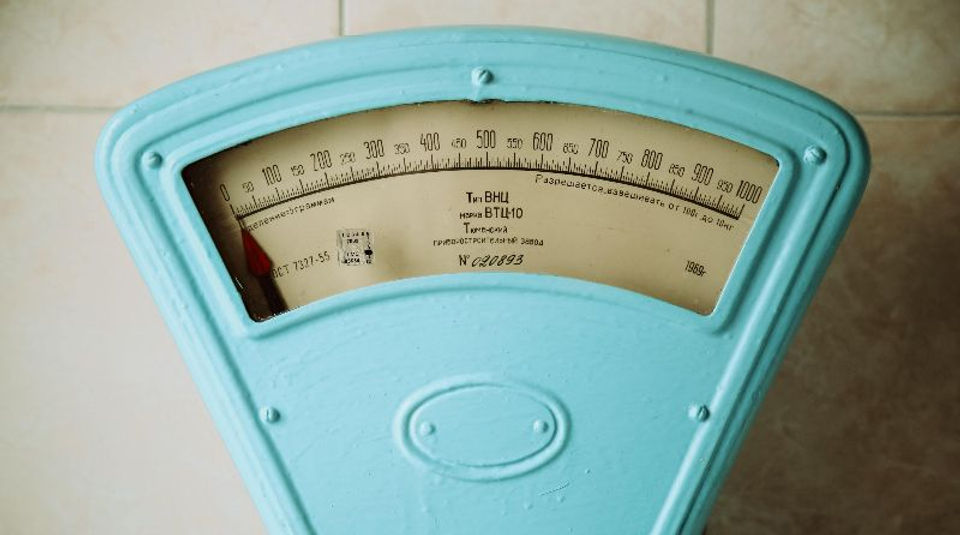
Gaining or losing weight
Almost everyone has a friend who can eat anything they want, as much as they want, without gaining any weight. Or that same friend might be fighting hard to gain just a few grams more than last week. Could it be that some people just can’t gain or lose weight?
The very short answer to that question is no. If you are healthy, you will go up in weight if your intake of energy is more that your outtake, and also if you use more energy that what you can eat and drink you will lose weight.
Gaining weight
Everything we eat and drink contains energy such as carbohydrates, proteins, fats or alcohol. When these substances pass your esophagus and stomach and finally reaching your small intestines they will be broken down into their smallest components and transfer to your blood stream. Via you blood they are transported to your cells to be used as building blocks or as fuel for energy craving processes. If these substances are in abundance they will be stored for later use when the energy supply is low. Storing surplus energy as fat is the best out of an energy consumption perspective as it contains a lot of energy and easy to carry but also isolates us from heat and cold. This has an evolutionary perspective as a higher degree of fat on our bodies can be related to the degree of survival during famine and catastrophes.
No matter which sort of energy you eat or drink, an abundance will result in gaining weight. If you do a lot of weight training, the increased muscle mass can also lead to gaining weight, but otherwise all energy surplus will be stored as fat.

Losing weight
If you use more energy than what is being added to the body, the extra stored energy will be used to keep vital processes going in your body. If you are overweight, it is still important to make sure you are adding the important building blocks your body needs to function properly. For most people, skipping unhealthy foods like sweets, pastries and soda is enough, for others professional help may be needed to adjust your diet.
Muscles increase your energy consumption when resting and also when training, but the most effective way to lose weight is still to reduce the number of calories you eat and drink. Burning 500 kcal by training for most Is pretty tough, but not very hard to eat the same number of calories.
Healthy weight loss
The most important think regarding your health is not what the scale says. If you have a big muscle mass, think of a bodybuilder, you are heavy and healthy. On the other hand, if you weight a lot and have lots of fat on your body the risk for illness increases. What you should focus on is your body composition – how big part of your weight is fat – how big part of you weight is based on fat – also how much fat is stored around your organs in your abdomen as this fat increases the risk of illness to a greater extent than the same amount of normal fat.
Health in numbers:
-
We need a certain amount of fat on our bodies to stay healthy, but too much can increase the risk for disease. Men are recommended to have between 10-20% body fat and women between 20-30%.
-
In order to estimate the amount of abdominal fat you can measure your circumference just above your belly button. Your circumference should be a maximum of 94cm for men and 80cm for women.
-
Avoid losing more than 1kg per week. That weight loss is equivalent to a daily energy deficit of 500 kcal. If you lose more than that it will be difficult to maintain your muscle mass and build new muscles.

About the authors Jessica & Maria
Challengize health tips are written for us by Jessica Norrbom and Maria Ahlsén, both with PHDs in medicine. Since 2013 they run their own business Fortasana working mainly with diet, training and health from a scientific perspective. Maria and Jessica have written several books and regularly lecture focusing mainly on popular health myths and explain what is actually true from a scientific perspective when it comes to diets, trends and newspaper headlines.